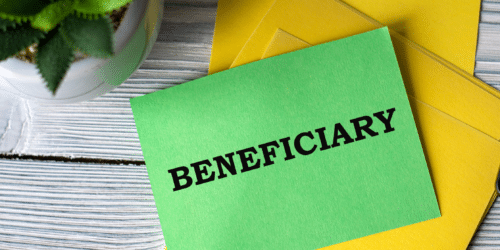Like most people, you probably assume that if your company is not a public company, then it does not need a SEDAR profile and you don’t have to file any documents on SEDAR. This was true, but it has recently changed for some companies.
What is SEDAR?
As you may know, SEDAR is the public website run by the Canadian Securities Administrators, the umbrella group for the provincial securities commissions in Canada. Under provincial securities laws, public companies in Canada have to file their disclosure documents on SEDAR and they are available to the public.
Until recently, only reporting issuers were required to file documents on SEDAR. Generally, a reporting issuer is a company whose shares are listed on a stock exchange in Canada or which has filed a prospectus with a securities commission in Canada. This changed on May 24, 2016. Now some companies that are not reporting issuers need to create a SEDAR profile and file some documents on SEDAR.
Who Needs to File and What Needs to be Filed?
The new requirements apply to the filings that some companies need to make when they raise money from investors. As a general rule, when a company raises money from investors, it must file a prospectus with the securities commissions in Canada. Since this is an expensive and time consuming process, there are several exemptions available that allow companies to raise money without filing a prospectus. For some exemptions, a company is required to file an exempt distribution report with the securities commissions. This report contains the details of the offering, such as the securities sold, the amount raised and information about the investors. Until recently, this form could be filed in paper format with most securities commissions.
The new rule will affect companies that are currently not public companies but that are also no longer private companies. A private company is a company that:
- has restrictions on the transfer of its shares;
- has less than 50 shareholders (excluding employees and former employees); and
- has only ever issued its shares to permitted persons, such as directors, officers, employees, founders, certain family members, close personal friends, close business associates and accredited investors.
If your company is a private company, you don’t have to worry about or comply with the new rule
If your company is no longer a private company because it has done several rounds of financing and now has more than 50 shareholders (excluding employees and former employees) or it does not qualify as a private company for some other reason, then the next time that you do a private placement, you may need to create a SEDAR profile and file an exempt distribution report on SEDAR.
The requirement to file an exempt distribution report applies to the most commonly used prospectus exemptions, such as the accredited investor, family friends and business associates, offering memorandum and minimum investment ($150,000) exemptions.
Whether your company needs to file an exempt distribution report on SEDAR will depend on where your company is incorporated and where the investors are resident. The new rule does not apply in Ontario and British Columbia, because the securities commissions in those provinces have set up their own electronic filing portals. The exempt distribution report must be filed in the province where your company is incorporated and in each province where the investors are resident. So if your company is incorporated in Ontario and the private placement investors are resident in Ontario, Quebec and Alberta, then your company will need to file the exempt distribution report on SEDAR in Quebec and Alberta.
We can assist you with creating your SEDAR profile and filing your exempt distribution reports on SEDAR.
This blog post was written by Paul Franco, a member of the Business Law team. He can be reached at 613-369-0363 or at paul.franco@mannlawyers.com.







